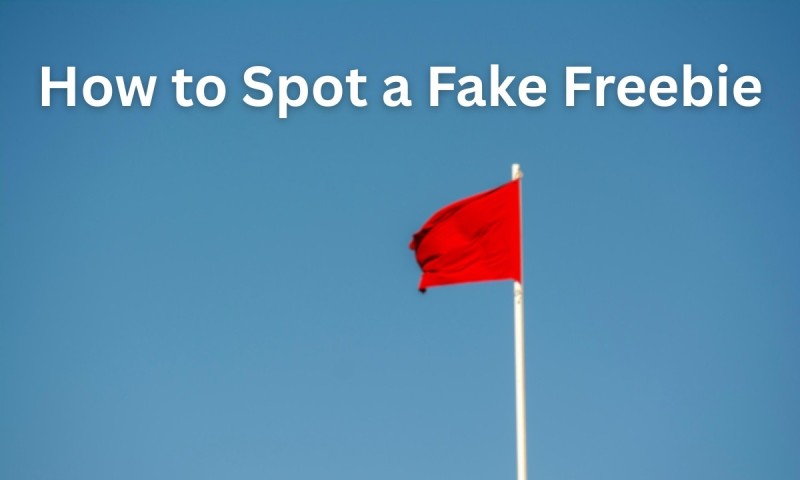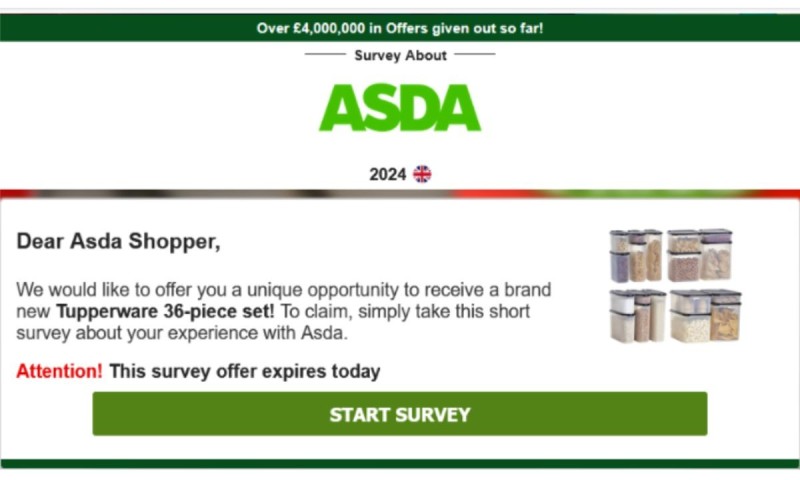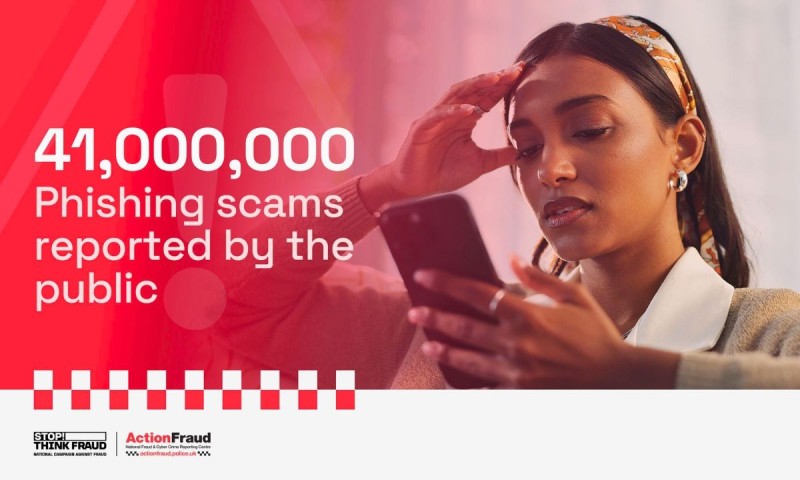How to Spot a Fake Freebie or Scam in the UK

Who doesn’t love a freebie? From “free AirPods” to “you’ve won a supermarket voucher”, our inboxes and social feeds are full of tempting offers. But in the UK, scams are on the rise, and criminals are getting smarter at disguising fake freebies as genuine deals.
Learning how to spot a scam could save you from losing money, personal data, or even your identity.
Here’s a practical guide to help you spot a fake freebie or scam and stay safe online and offline.
1. If it sounds too good to be true… it probably is
This old saying is basically Scam Rule #1.
- Huge rewards for little effort: “Win an iPhone 15 for answering one question!” is a classic hook.
- High-value freebies from unknown brands: Genuine companies do giveaways, but usually linked to their official website or verified social media channels.
- Guaranteed wins: Real competitions rarely guarantee you’ve won before you’ve actually entered.
When you feel that rush of excitement: pause. Scammers rely on that emotional reaction so you don’t stop to think.
2. Check the source carefully
Always look at who is offering the freebie, not just what the freebie is.
Website checks
- URL spelling: Scammers love lookalike domains like amaz0n.co.uk or tesco-rewards.org. Check for subtle misspellings or extra words.
- Is it the official domain?: If the offer claims to be from a big brand (Tesco, ASDA, Boots, Amazon, etc.), go to their official website directly via Google or your bookmarks — don’t click the link in the message.
- No contact details: A legit UK business will usually have a registered address, company info, and often a privacy policy and terms.
Social media checks
- Verified accounts: Is there a blue tick (where applicable) or clear branding?
- Recent activity: A page created last week with only a few posts and generic profile photo is suspicious.
- Comment sections: Many scam posts disable comments or are full of “I just got mine!” style bot comments.
3. Watch out for these common uk freebie scams
While scams evolve, a few patterns show up again and again:
- Fake supermarket vouchers: Messages claiming free £500 Tesco/ASDA/Sainsbury’s vouchers if you complete a survey and share the link.
- Delivery parcel scams: Texts or emails pretending to be from Royal Mail, Evri or DPD asking you to pay a small “redelivery fee” to claim your package.
- Streaming or subscription freebies: “3 months free Netflix/Disney+/Spotify” but they ask for full card details on a seemingly dodgy website.
- Energy rebate or government grant offers: Impersonating GOV.UK, Ofgem or your energy supplier offering a “free grant” if you enter personal details.
If you’re in doubt, visit the genuine company website or GOV.UK directly rather than trusting any links sent to you.

4. Look for red flags in the message
Scammers often give themselves away in the details. Keep an eye out for:
- Spelling and grammar mistakes: Not all scams are badly written, but many are. Look for formatting mistakes in emails too, and if something looks like it has been badly translated.
- Generic greetings: “Dear customer”, “Dear” or “Hi user” instead of your name as most legit companies have a database with your correct contact details.
- Urgency and pressure: “Act now”, “Offer expires in 10 minutes”, “Last chance”. They want you to rush, and normal freebies can take weeks to arrive.
- Requests for sensitive info: No genuine giveaway will need your full card number with CVV, or full password to a site. It is rare that they will ask for anything to do with your bank, unless it is a cashback freebie, and if they do you should only give your sort code and account number as you can only receive money that way.
- Weird sender address: On emails, click the sender name to see the real email. If a “bank” email comes from a random Gmail or Live address, it’s more than likely a fake.
5. Never pay to get a “Free” prize
A true freebie won’t ask you to:
- Pay a “release fee”
- Cover “admin charges”
- Pay “shipping” through a sketchy link
- Buy another product first to unlock your prize
If you have to pay — especially via bank transfer, cryptocurrency, gift cards, or unfamiliar payment services — it’s not free and almost certainly a scam.
Legitimate UK freebies might ask you to cover postage on a reputable site, but you should still be cautious and make sure it’s a brand or company you trust, and technically it’s not really a freebie if you have to pay postage.
6. Be careful what you share
Many fake freebies exist just to harvest your data.
Question every form you fill in:
- Do they really need your full address, date of birth, phone number, and email for a simple giveaway?
- Are they asking security-style questions similar to your banking security (mother’s maiden name, first pet, etc.)?
The more information you give, the easier it is for scammers to commit identity fraud or target you with more personalised scams later.
If you’re only signing up for a sample or competition, they usually need just your name and email: anything more, be wary.

7. Double-check with Official UK Resources
If something feels off, you can:
- Search “[Brand] freebie scam”: Often, other people have reported the same fake offer.
- Check the company’s official channels: Look at their website or verified social media to see if the promotion is listed.
- Report the scam: In the UK you can forward suspicious emails to report@phishing.gov.uk and dodgy texts to 7726 (which spells “SPAM”). You can also report scams to Action Fraud online.
Knowing where to report helps protect you and others from the same con.
8. Trust your gut
Your instincts are more than often right. If something makes you feel uneasy, don’t ignore that feeling.
Here’s a quick mental checklist when you see a “freebie”:
- Who is offering it? (Check the source.)
- What are they asking for in return? (Money? Sensitive data?)
- Can I find the same offer on the official website?
- Are there any obvious red flags? (Typos, pressure, odd links.)
If any of those don’t add up, walk away. There will always be another genuine offer that doesn’t risk your money or your identity.
Freebies can be fun, but no free gift is worth handing your bank details or personal data to criminals. By slowing down, checking the source, and watching for red flags, you can enjoy genuine offers while staying safe.
In the UK, support is available if you think you’ve fallen for a scam. Contact your bank immediately, change your passwords, and report it to Action Fraud.
Better to be cautious and double-check than to be caught out by a “freebie” that costs you dearly.
